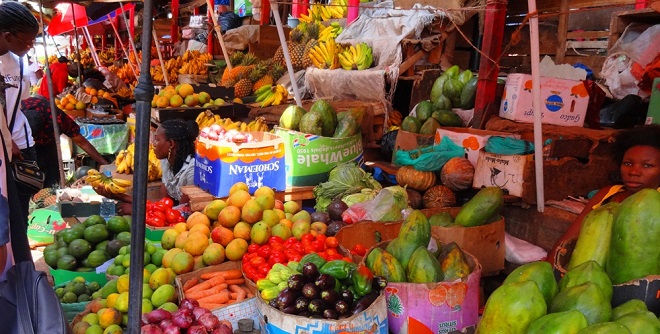
Kampala, Uganda | THE INDEPENDENT | Rural households in Northern Uganda that had access to mobile money services didn’t report a reduction in the number of meals they had in the past week when there was a food squeeze, a new study has said.
Also, people who had access to mobile money were able to be self-employed as access to money meant that they could use it to start small enterprises.
The study was conducted in rural areas, covering the three regions West Nile, Mid‐ North, and Karamoja sponsored by the World Bank’s business arm the International Finance Corporation (IFC).
These areas had previously not had mobile money agents. Some 400 agents were specifically placed in the remote areas far from a bank branch and changes in the communities were observed. The experiment was done between January to June 2017 and repeated in January to June 2018.
The results are contained in a June 2019 paper titled The Impact of Mobile Money on Poor Rural Households. Experimental Evidence from Uganda.
“The fraction of respondents who had a very low food security index dropped by 15.7 percentage points,” the paper says.
“We find that [mobile money] agent rollout helped households in clusters far from a bank branch deal with shocks by taking work instead of households’ food security and reducing the likelihood of having to skip meals,” the researchers found.
This means in areas where households were food-stressed, they got funds from peers and family members quickly via mobile money. They used the money to buy food and didn’t reduce on meals they had to take for the day.
On self-employment, the report says it is likely that households used their peer-to-peer transfers and cost savings from mobile money transactions to invest, which also generated income that raised food security.
The IFC worked with Airtel Uganda to activate 400 agents in previously unsaved areas.
The total number of transactions across all agents reached over 24,000 transactions, with an average of 70 transactions per agent per month.
Also, the researchers reported that poverty rates among mobile money users were lower (35%) compared to non-users (45%).
“This relationship is hardly surprising given that usage of mobile money requires access to a mobile phone, which is an expensive good, though we do find slightly smaller differences in mobile phone ownership,” it said.
“Households which sent or received remittances were less likely to be poor.”
This study is perhaps an indication of how mobile money can be a tool for financial inclusion for rural families. Analysts have called on the government to reduce taxes on the service to reduce the cost of sending, receiving and saving if the impact is to be felt widely.
*****
URN
 The Independent Uganda: You get the Truth we Pay the Price
The Independent Uganda: You get the Truth we Pay the Price



